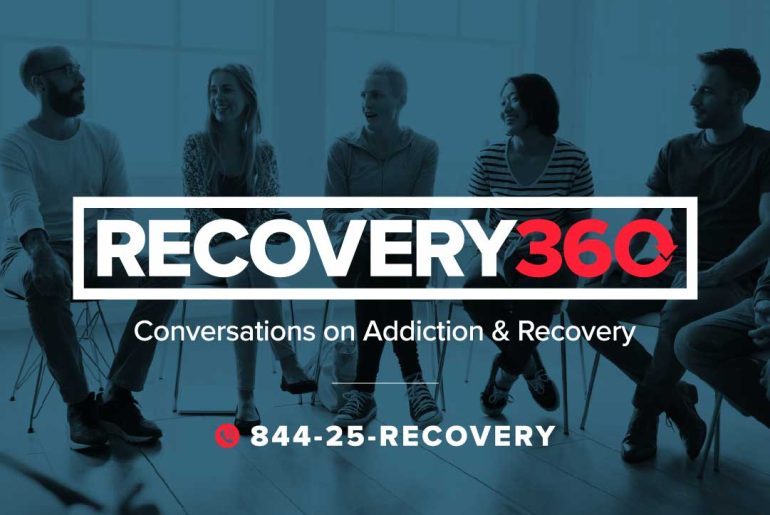Co-occurring disorders refer to the situation where an individual has both a substance use disorder (SUD) and a mental health condition such as depression, anxiety, bipolar disorder, PTSD, or others. This dual-diagnosis is extremely common and poses unique challenges that necessitate specialized treatment for lasting recovery.
Tolerance and withdrawal are key factors that drive the cycle of addiction, making it incredibly difficult for someone to quit using substances on their own. Understanding these concepts is vital for understanding the severity of substance use disorders and the importance of professional support for recovery.
Substance use disorders don’t just affect the person struggling– they cast a long shadow, creating ripple effects within families, friendships, workplaces, and communities. Understanding the widespread impact underscores the importance of seeking treatment and accessing support.
Acknowledging that there’s a problem with substance use and that you need professional help is a profound act of courage and a vital first step toward healing. The sooner you seek treatment, the better the chances of a successful and long-lasting recovery.
A Substance Use Disorder is seldom the result of to a single factor. It’s typically the result of a complex interaction between biological, environmental, and psychological influences. Understanding this interplay can help reduce blame and guide prevention and treatment.
Substance use disorders manifest in a variety of ways and can change throughout the course of the illness. Not everyone will experience every symptom, and recognizing even subtle changes from a person’s baseline behavior is vital. It’s important to remember that people with SUDs often go to great lengths to hide their substance use, so vigilance is necessary.
Substance Use Disorder (SUD), often referred to as addiction, is a complex medical condition. People with SUDs continue to use alcohol, drugs, or other substances even when that use causes significant problems in their lives. SUDs affect a person’s brain and behavior, making it extremely difficult to stop using, even with a strong desire to do so.
On the final episode of the Recovery360 podcast RCA’s Jaye Rodenbush and Bob Whedbee join us to talk about early recovery and how individuals living with Substance Use Disorder can set themselves up for success in the long term.
On this installment of Recovery360, RCA Alumni Coordinators Julie Toy and Bob Gibson discuss keys to long-term recovery.
On this latest episode of the Recovery360 podcast, Certified Interventionist Robert Strauber and Family Support Specialist Ashley Davis from RCA join to talk about all things family. They discuss some of the challenges getting a loved one into treatment.


